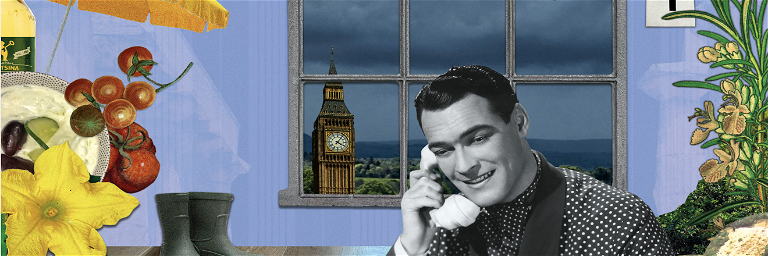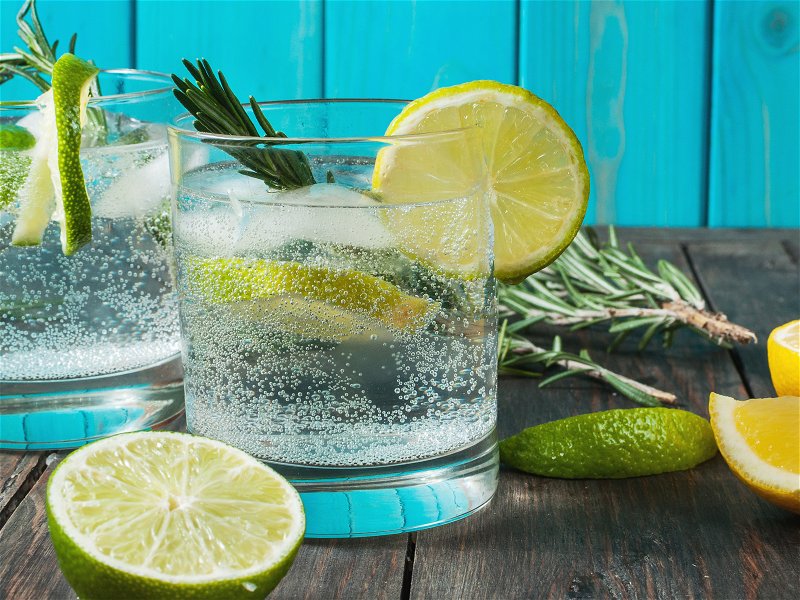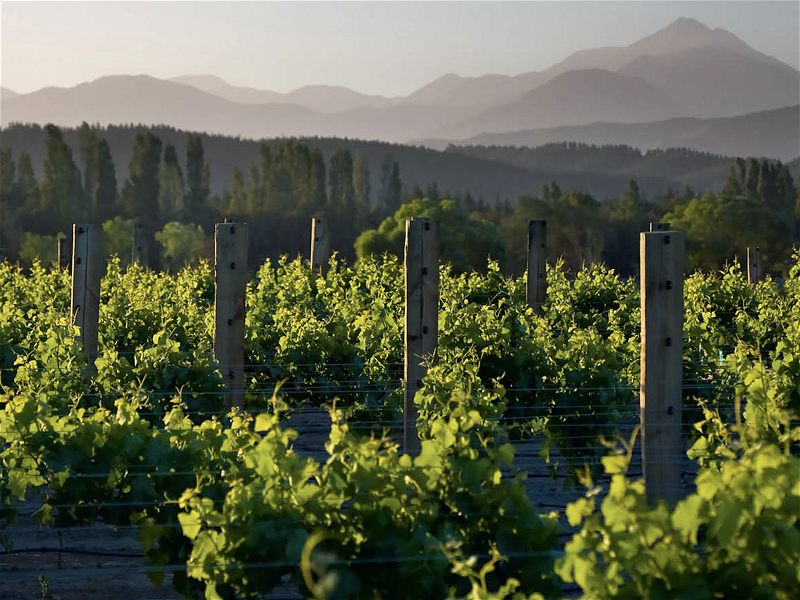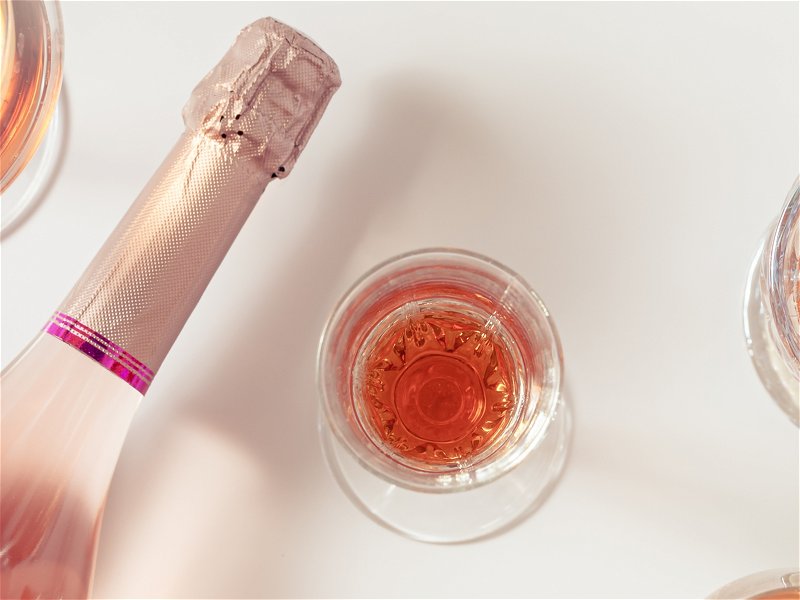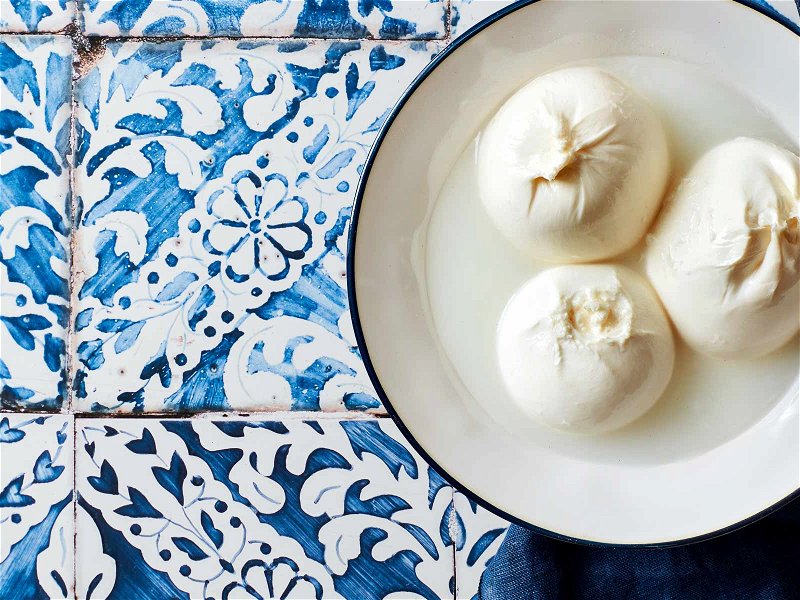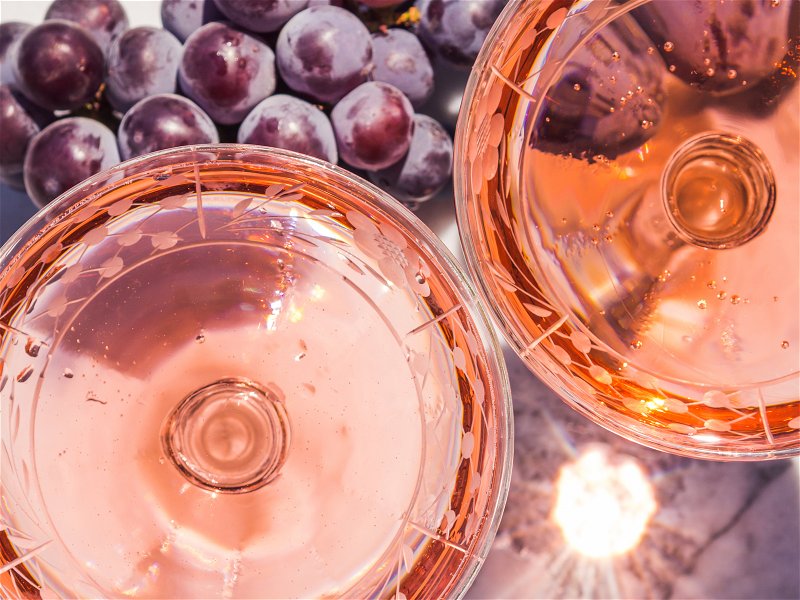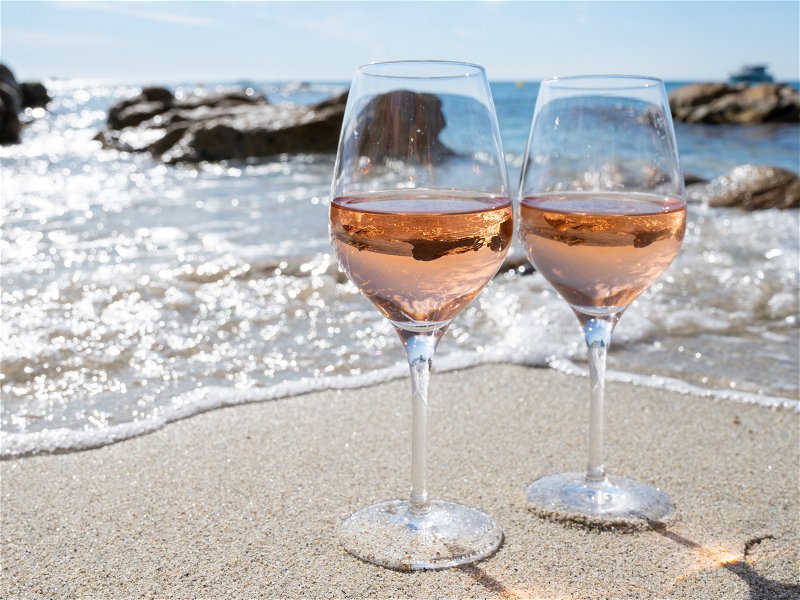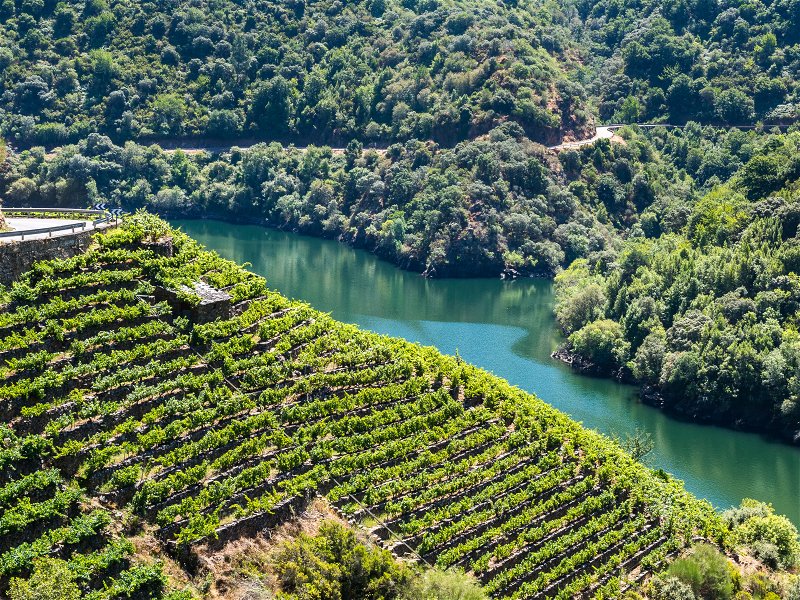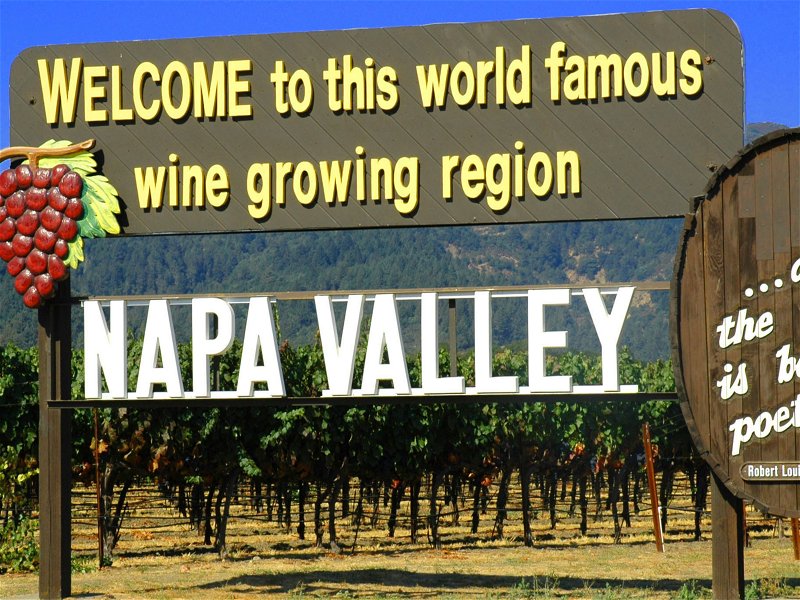How Do You Know When It's Summer?
That eternal draw of the south, for a sun-drenched, saltwater-scented summer. Our columnist finds that the wine he drinks is the only true indicator of the season.
Eight months a year, I enjoy playing a little game with my English friends. “What temperature do you think it is in my hometown now?” I ask. Knowing I was raised in Greece, but not knowing much of the country’s climate year round, I invariably get some very wishful thinking. Most recently, I got a Caribbean-sounding 30°C; the actual temperature was just above the water-freezing mark. Indeed, northern Greece can get quite cold, snow is no stranger and neither is heavy rain. As for Britain, despite southern European lore, the weather is actually rather mild. So eight months a year, I amuse myself by pointing out to Brits how Ioannina is colder than Manchester, Thessaloniki wetter than London – and how this feels just like home, only milder.
But then spring rolls along, and my bravado all but dissipates. I might start to feel an itch around April, if the weather is accommodating; I can usually trick myself into thinking that This Is All Very Nice. Once May is here, however, the great divide starts. The weather in England remains stubbornly temperamental. The weather in Greece is moving towards summer at full steam. One scene occurs, invariably, every June. I am talking to someone back home, seemingly a conversation between equals. And then they sign off, cheerfully informing me they are going for a swim. On which I turn my gaze to my window and I see, entirely on cue, drumming raindrops. A full-fledged shower might follow or afternoon-long drizzle. Either way, my weather illusions collapse.
There is something vaguely reminiscent of summer in northern Europe of course. The collective English conscious, for example, is replete with allusions to green grass and sunny(ish) days, country picnics and walks by an idiosyncratic sea. When straws need to be clutched, Cornwall will double for California and Sussex for the Côte d’Azur. There is, of course, no accounting for taste. Some people, I guess, will take a pint of cider over a glass of Assyrtiko, and it might not even be entirely due to misplaced patriotic fervour. So I put to you that the northern European summer might be something pleasant, but not actually summer, more like a fermented spring. Summer means Sun, with a capital S; not the coy adolescent of the 50th parallel, but the sun god of the 40th, Helios in his flaming chariot. Summer also means sea, with waters that are blue and clear. It means sweet evenings, when a breeze is like a cool caress, sharing food that echoes the salt of the sea, the tomato salads and courgette flowers, the fried calamari, with lots and lots of white wine, appropriately acidic of course, to stand up to the food.
You might think this is all a very Mediterranean triumphalism. But I don’t think this legacy is confined to a handful of countries. If anything, I consider it European. I sometimes think that what gave western Europe a common identity post-war was not liberal democracy, American pop culture, or even the European Union. It was the Mediterranean summer. That experience of sun, sea and wine seems to belong as much to Gothenburg, Rotterdam and Dublin, as to Naples, Valencia and Rhodes (and, more recently, to Krakow, Budapest and Prague). This cosmopolitanism, this mixing of cultures, languages and people is part of the Mediterranean summer’s appeal.
Because you see, the last element of a proper summer is travel. Christmas belongs to family, and trips throughout the year always feel somewhat random, and perhaps a bit like a guilty pleasure, like one actively chooses to leave the loop (and perhaps others back at work to take on the burden). But summer is the time that calls for no loop at all, when taking long holidays is not only not frowned upon but actively expected. Perhaps it is an echo of the school holidays, this endless period of time when days melted one into another. An experience we all had, and I guess most of us are still trying to recreate.
So I’m sitting here on my desk, with a glass of wine, dreaming. The wine in my glass is red. I’ll know it will be summer when the weather will only allow white.
